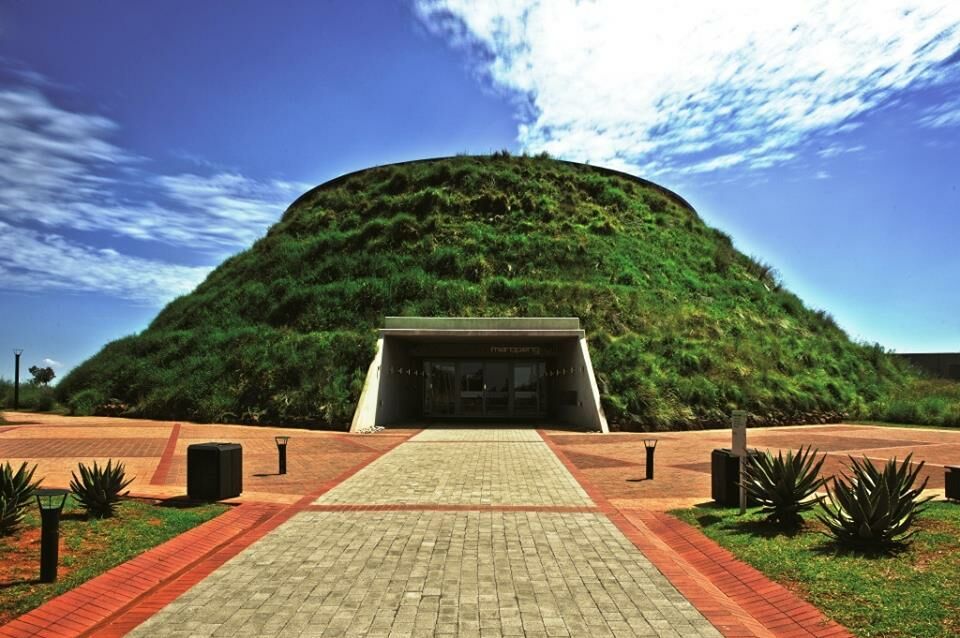About Johannesburg North Attractions
Getting My Johannesburg North Attractions To Work
Table of ContentsHow Johannesburg North Attractions can Save You Time, Stress, and Money.9 Easy Facts About Johannesburg North Attractions ExplainedExamine This Report on Johannesburg North AttractionsNot known Incorrect Statements About Johannesburg North Attractions Not known Facts About Johannesburg North AttractionsThe Best Guide To Johannesburg North AttractionsJohannesburg North Attractions Fundamentals Explained
Nonetheless you must keep security in mind and tourists need to remain sharp at all times when in unknown environments. Talk with the residents when you are in community to discover out about the area you are remaining in. Johannesburg North attractions. When on the street (this doesn't use to shopping center and various other secure atmospheres) ideal basic guidance is to attempt your ideal to look like a neighborhood and to avoid showing any kind of form of wealth
See This Report on Johannesburg North Attractions
Professor Revil Mason O. J. (Thomson, 1946) discovered the Witwatersrand's pre-colonial history. His archaeological job exploded the 'em pty land' myth, according to which the area was devoid of human habitation before the arrival of European inhabitants. In his magazines Prehistory of the Transvaal: A Document of Human Task (1962) and Beginnings of Black Individuals of Johannesburg and the Southern Western Central Transvaal Advertisement 3501880 (1986 ), Teacher Mason demonstrated the extent of social and financial development in the area before Europeans established foot here.

An Unbiased View of Johannesburg North Attractions
He acted with the government's authorization, provided after he had actually sworn to keep his discoveries secret. In 1874, small-scale mining procedures were started in the Magaliesberg, where an Australian, Henry Lewis, had actually discovered gold down payments. In 1878, David Wardrop discovered gold in quartz blood vessels at Zwartkop, north of Krugersdorp. In 1881, Stephanus Minnaar encountered gold on the ranch Kromdraai, near the Cradle of Humankind.
In March 1886, an outcropping (quickly to be called the Main Reef) was found, quite fortunately, on Gerhardus Oosthuizen's farm Langlaagte. Some state that the Lancastrian coal miner George Walker discovered this reef. An additional travelling English miner, George Harrison (who had previously operated in Australian mines) acquired a prospecting licence in regard of Langlaagte in May 1886.
He chose to carry on in a pursuit for greener fields, and disposed of his Langlaagte claim for the handsome amount of 10. Alas: below lay the wealthiest goldfield ever before found. The discovery of this rich auriferous coral reef prompted a gold rush that signified completion of agrarian serenity in the southerly Transvaal.
It would certainly, within six years, end up being the biggest community in southern Africa. Within a decade, it would make the Z. A. R. till after that an anarchical and insolvent little state the richest nation in Africa. By the turn of the century, the Z. A. R. was to go beyond Russia, Australia and the United States of America to end up being the world's leading gold manufacturer, producing more than a quarter of the globe's gold.
About Johannesburg North Attractions
It was called Ferreira's Camp, called after Colonel Ignatius Ferreira. He was a Boer adventurer upon whom the British authorities had presented the see this here standing of Buddy of the Most Distinguished Order of St Michael and St George (qualifying him to the post-nominal letters C. M. G.) in appreciation for his role in the war that had deposed the Pedi king Sekhukhune in 1879.
Two various other camps were established: Meyer's Camp on the farm Doornfontein, and Paarl Camp. The latter was nicknamed Afrikander Camp; several people from the Cape Colony settled there.

The smart Trick of Johannesburg North Attractions That Nobody is Discussing
This name obtained currency by word of mouth, such that the State Secretary verified the name to the Mining Commissioner on 9 October 1886. Stands in the town were auctioned on 8 December 1886. While some stands were sold for 10, others were knocked down for just sixpence.
2 years later on, these erven were to change hands for as long as 750 each. The tented camps decreased as a dorp of blog here corrugated iron buildings developed and expanded north of the mines located along the Main Reef Roadway. Areas such as Jeppe's Community (where working-class immigrants erected their residences) and Doornfontein (where the affluent new 'Randlords' began to create their luxurious homes) were quickly included to the ever-expanding map of the town.
Some Known Questions About Johannesburg North Attractions.
Apart from the street names, there were no signs of Johannesburg being situated in a Dutch-speaking nation. Years later, C. W. Kearns O. J. (among the very first young boys signed up at St John's University in 1898) would recall: 'An unusual truth about Johannesburg was that, although it remained in the [Boer Republic], virtually everyone talked English and even the Federal government servants dealt with one in English, unless they were very first resolved in the Taal (or Low Dutch)'.
Therefore, Britain had a rate of interest in guaranteeing optimal conditions for gold manufacturing on the Witwatersrand, which the gold was exported to London instead of Berlin a vital made even more clamant by the Z. A. R - Johannesburg North attractions.'s enhancing toenadering with Germany. Mine owners were on a clash with President Kruger, whose policy of monopolistic giving ins (frequently given to his cronies) stopped mining companies from obtaining supplies of materials (particularly dynamite) and work on their own, more affordable terms
Get This Report on Johannesburg North Attractions
In 1890, the Volksraad had limited the franchise to white guys who had actually resided in the Z. A. R. for fourteen years or longer, hence invalidating most of the immigrants (who happened to be the significant contributors to the fiscus). Agitation for the ballot was a simple pretense for advertising a different program; most uitlanders regarded themselves as momentary visitors and had no intention of staying in the Z.